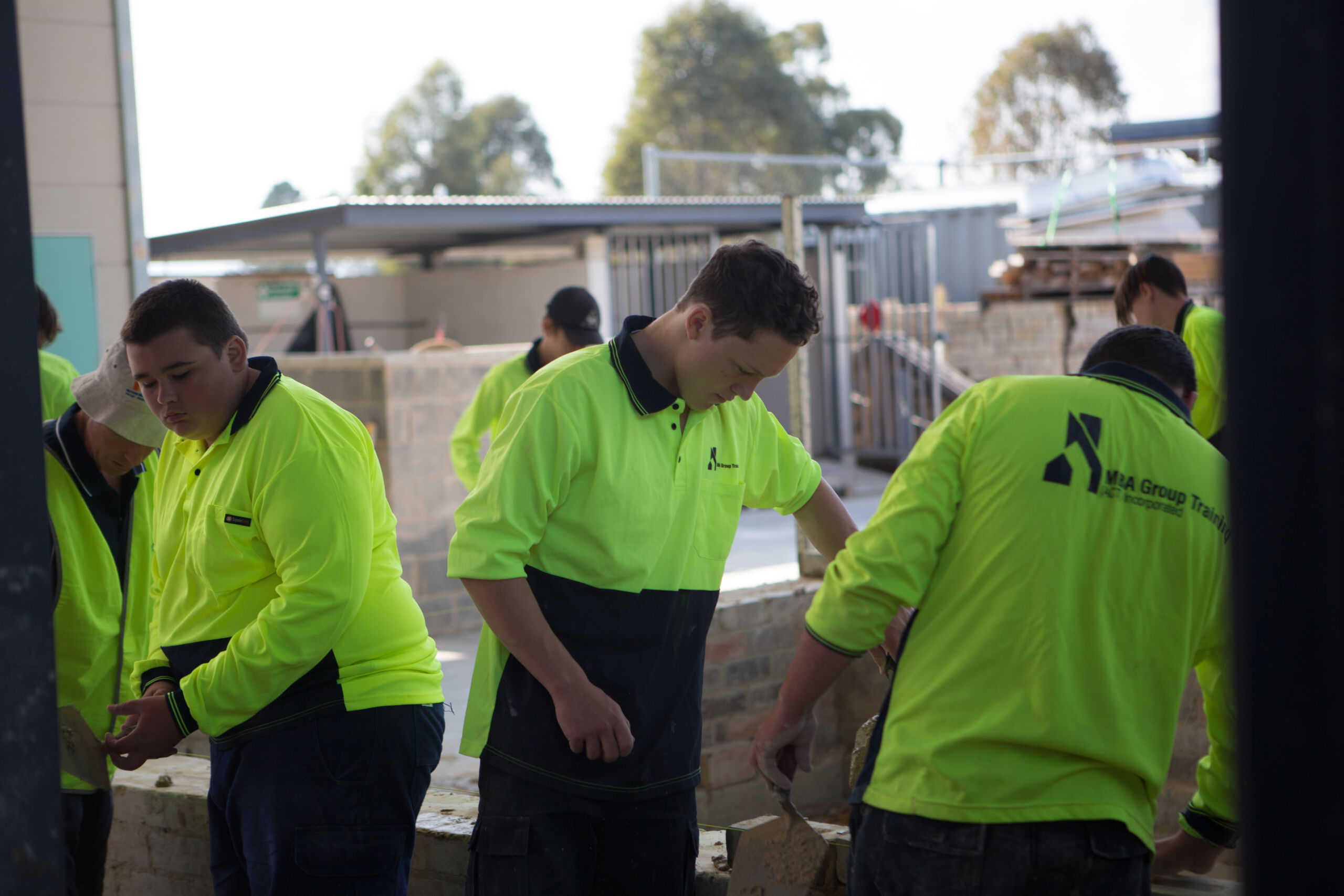- No products in the cart.


“National Safe Work Month which commences today provides an opportunity for all participants in the building and construction industry to focus on co-operation in delivering health and safety outcomes on building sites,” Master Builders Australia CEO Wilhelm Harnisch said
“Nothing is more important for all participants to be confident that they are safe in the workplace. The philosophy underpinning Master Builders’ approach to WHS is that all industry parties must cooperate towards achieving improvement of the industry’s safety record, a matter that has Master Builders’ full commitment,” he said.
Master Builders’ philosophy is aligned with the objectives workplace health and safety laws that say.
If more than one person has a duty in relation to the same matter under this Act, each person with the duty must, so far as is reasonably practicable, consult, co-operate and co-ordinate activities with all other persons who have a duty in relation to the same matter.
“In other words Australia’s WHS laws are built on a foundation of cooperation and shared responsibility. It is therefore deeply regrettable that the building unions, particularly the CFMEU, instead use the guise of safety as an industrial weapon,” Wilhelm Harnisch said.
“The CFMEU, in particular, has taken to portraying breaches of other laws as justification on the basis of alleged WHS laws not being adhered to. Breaking the law doesn’t help safety,” he said.
“Industrial confrontation should not replace co-operation as a fundamental tenet of good workplace safety practices and outcomes. If the CFMEU or other union encounters safety breaches then it is a simple matter to report these breaches and to call in the regulator. If there is a contravention of WHS laws then the regulator is well placed to take action, based on the reliable information provided by the unions and then for them to be dealt with in a spirit of cooperation not confrontation,” Wilhelm Harnisch said.
“Master Builders in supporting the National Safe Work Month, calls on all industry participants to work together so that the improvements in safety that have occurred over the last ten years can be continued and improvement sustained,” Wilhelm Harnisch said.

